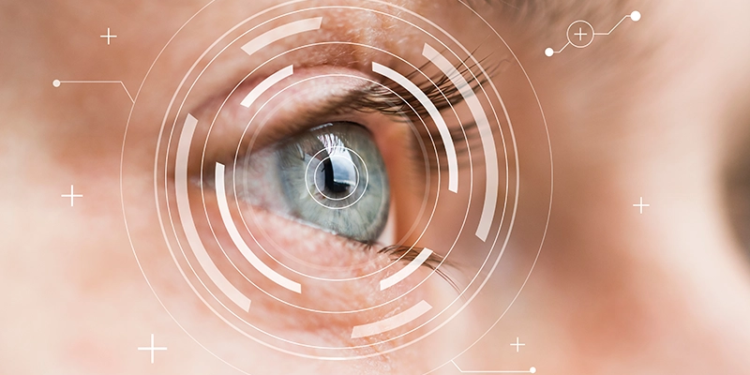The cover feature of December’s The O&P EDGE, “Philanthropy in O&P” by Betta Ferrendelli, addresses how acts of kindness and goodwill are demonstrated by clinicians who donate their efforts, time, and talent to provide devices to clients at little to no cost or helping them in other ways. This Online Exclusive expands on how the effort requires help from the patient and the device manufacturers.
Most practitioners say they don’t use a sliding scale when it comes to charging a patient for prosthetic care, but they will work with them based on their ability to pay. Almost any client who doesn’t have the ability to pay is considered for care on an individual basis, clinicians say.
“If we are at a point where we can assist someone who needs prosthetic-related help, we would thoroughly evaluate their situation and speak to them to understand their physical condition and potential to use a prosthesis if they are not already ready using one,” said Chad Simpson, BS, BOCP/LP, clinical director at Dream Team Prosthetics, Duncan, Oklahoma. “We also try to evaluate them to see if they are ready to make the commitment to put in the work necessary to become a successful prosthetic user. We try to determine if they have all the necessary attributes to help insure a good outcome.”
At POP Prosthetics in Las Vegas, for example, clinicians treated a young woman who had lost her leg above the knee to cancer. “We called our vendors and asked them to pitch in parts,” said Jimmy Colson, CO, CEO. Össur, Reykjavik, Iceland, donated the knee and liners; Fillauer Companies, Chattanooga, Tennessee, donated an AllPro foot; and SPS contributed componentry, he says.
Ropp Orthopedic Clinic in Commerce Township, Michigan, has also connected with its vendors—ALPS South, St. Petersburg, Florida; College Park Industries; Martin Bionics Innovations, Oklahoma City; Ottobock, Duderstadt, Germany; WillowWood, Mount Sterling, Ohio; and Blatchford, Basingstoke, England—when they’ve needed help with a specific patient, says Jeffrey Ropp, CP. “Many times, they have given away components for causes for patients who cannot pay or needed something special,” he said.




